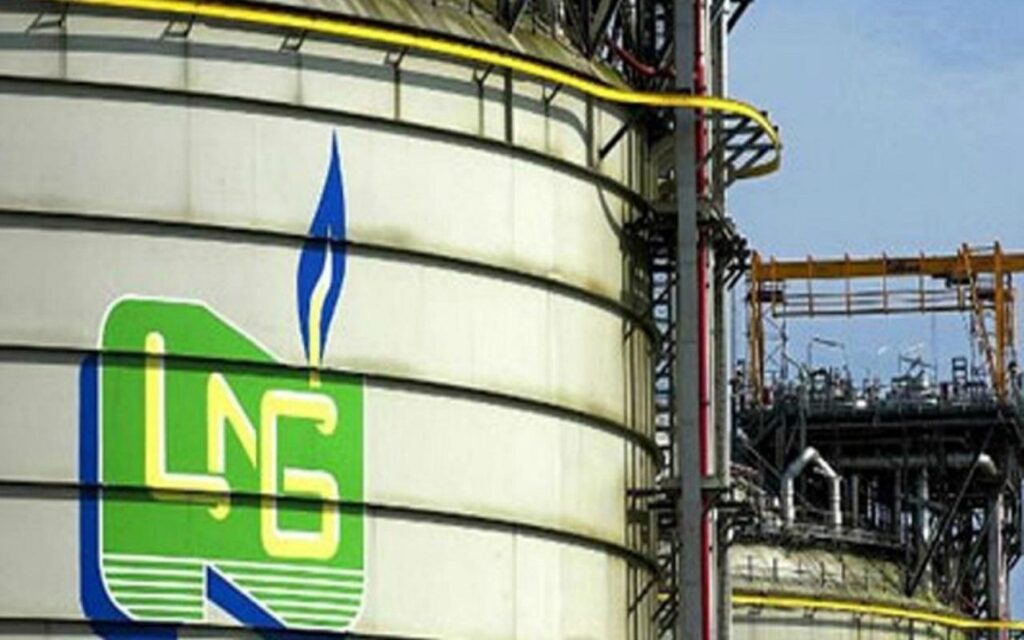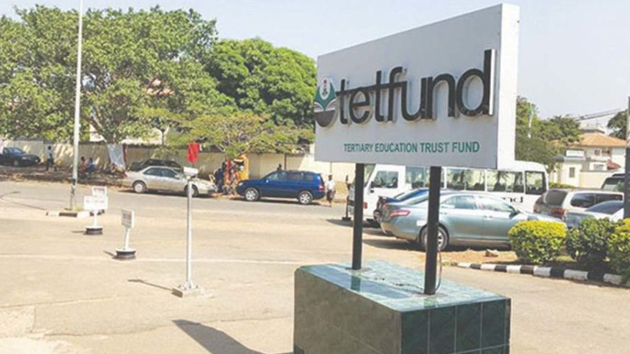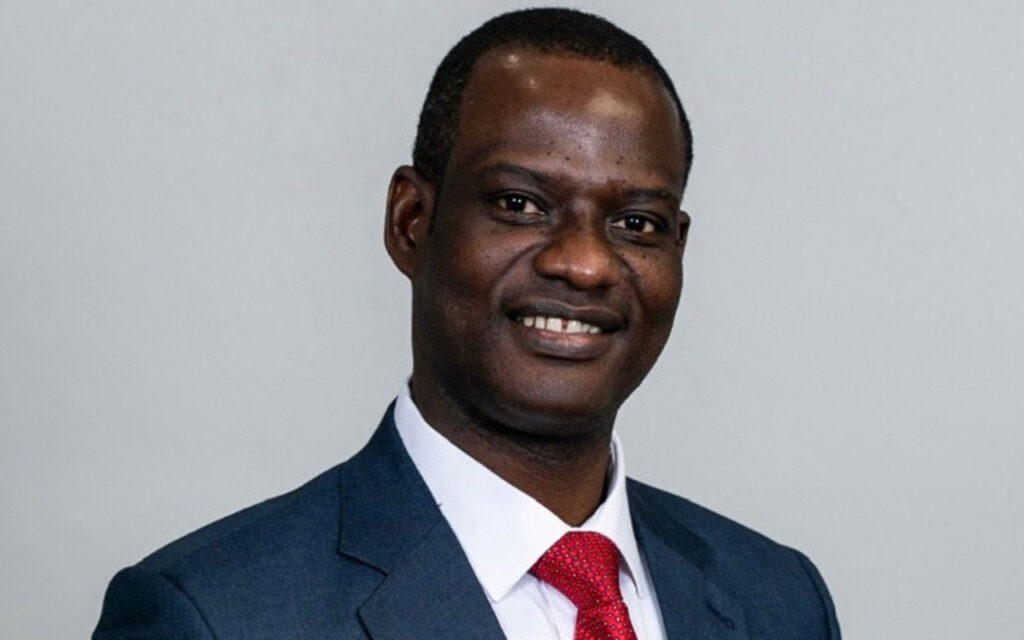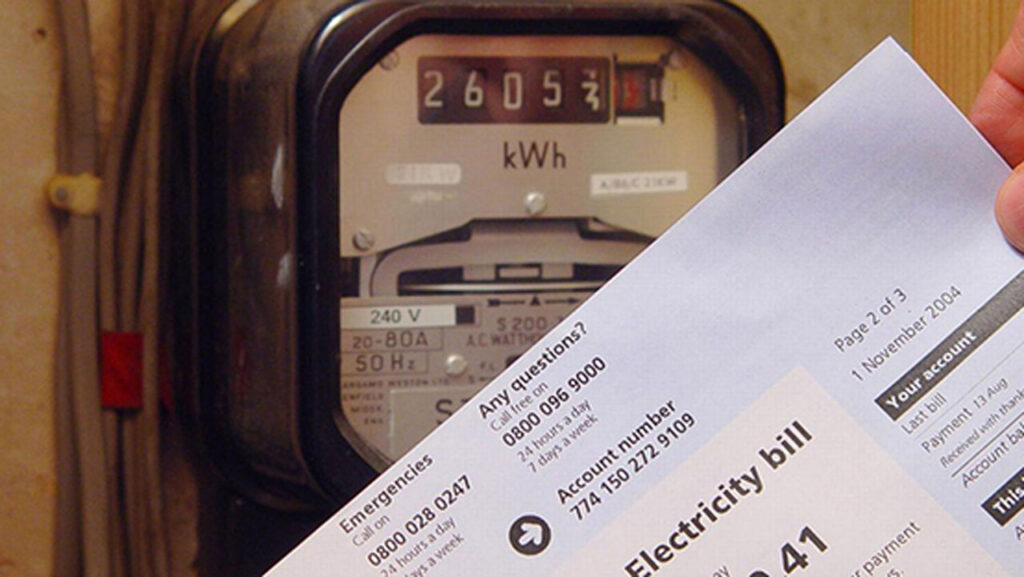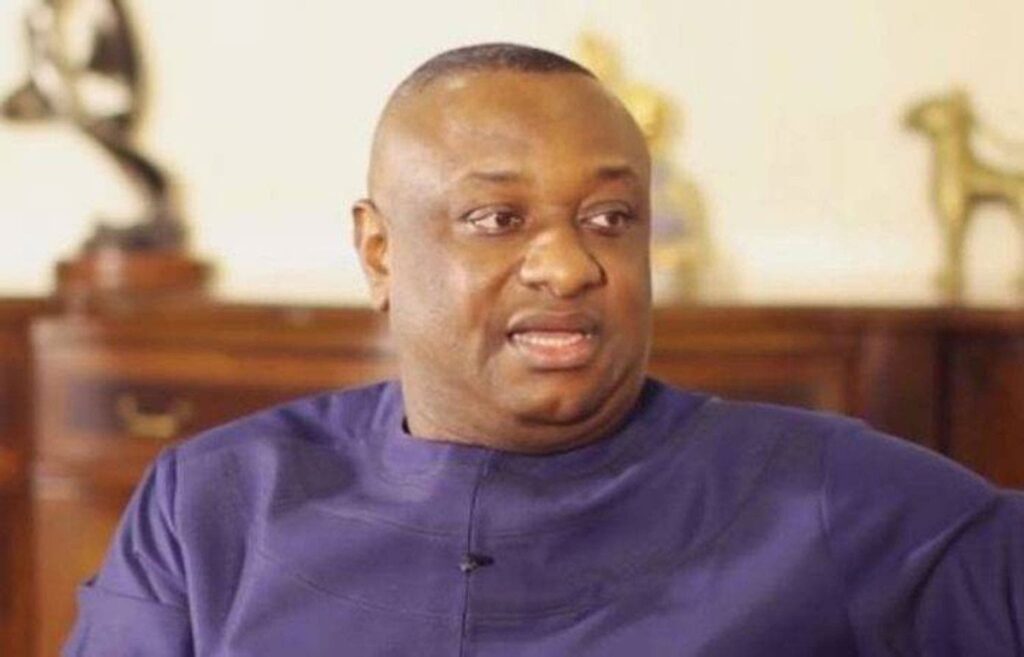
• Despite New Act, Drive To Generate Electricity May Suffer Setbacks Over Gas Crisis
• AKK Pipeline May Be Idle When Completed • No Respite For Users As Prices Of LPG, CNG, Autogas Soar
Investors moving to take advantage of energy transition and Nigeria’s road show for a decade of gas are facing challenges over gas feedstocks despite the claim that the country has over 219 trillion standard cubic feet of gas reserves.
Most of the investors, who have conceived Liquified Natural Gas (LNG), floating LNG, petrochemical, power plants, Compressed Natural Gas (CNG), Liquified Petroleum Gas (LPG) and other gas projects, are at crossroads as the unavailability of gas feedstocks is stalling their multi-billion dollar investments.
Some investors, who spoke with The Guardian, said the gas projects are unable to move forward as most oil companies in the country, including the Nigerian National Petroleum Company Limited (NNPCL), have no gas feedstocks that will enable the investors to secure funding and take Final Investment Decision (FIDs).
Currently, the Nigerian LNG Limited, the country’s foremost gas company, which is at the verge of completing train seven, is producing 50 per cent less than its installed capacity even as most electricity power plants are shutting down over gas challenges. There are also indications that most state governments rushing to set up electricity generating companies through the new Electricity Act may face bottlenecks over the current gas crisis. Some stakeholders also said that ongoing projects like the NNPCL independent power plants in Abuja and the emergency power plant in Maiduguri may encounter challenges, just as they expressed fear that the Ajaokuta-Kaduna-Kano (AKK) gas pipeline project may remain idle if completed over gas shortages.
While Nigeria is importing about 55 per cent of LPG into the country, there are indications that the new drive to move towards LPG and CNG for cooking and auto gas may skyrocket Nigeria’s gas import bills.
An investor, who spoke with The Guardian on the condition of anonymity, said the company has been looking for gas for a project it was working on for over two years but has not been able to secure gas feedstocks.
“A financial company has already agreed to provide the funding we need and we have moved very far on our project. But we can’t find the gas to convince the financing partners to seal a FID,” the source said.
The challenge facing some of the investors has been made worse by the divestment spree in the country.While Nigeria boasts over 219 trillion standard cubic feet of gas, most of the fields are tied to crude oil. As Nigeria experiences low oil production, so is gas production dwindling.
Although President Bola Ahmed Tinubu has a Minister of State, Petroleum Resources (Gas) in the person of Ekperikpe Ekpo, he seems to be struggling to lead a gas revolution. And while President Tinubu secured gas-related investment during his recent visit to Qatar and signed an executive order on oil and gas upon his return, stakeholders fear that the gas crisis currently being experienced in Nigeria may worsen unless tackled from a different perspective with actionable steps.
Gas output in Nigeria fell by 11 per cent to 40.4 billion cubic metres (CBN) in 2022, down from over 49 bcm in 2019 and 2020. In 2023, Nigeria’s LNG export dropped by 16 per cent to 19.6 bcm, pushing Nigeria’s market share to about four per cent.
Energy expert, Dan D Kunle, said exploration and production of gas is necessary for a sustainable gas supply in the country, stressing that incentives and infrastructure remain critical.
According to him, the new oil and gas executive order by the president is a welcome development but enforcement may cripple the plan unless the President is ready to take charge of it. He noted that investment in gas takes time; therefore, Nigeria may face worsening shortage of gas because the country did not prioritise gas investment in the past years.
“The same way we are facing crude oil supply domestically to refineries, we are almost at a stage where we will turn to importing natural gas.
“Nigeria will end up importing gas. If the president does not closely monitor the executive order, we will be forced to import natural gas just the same way Dangote is currently importing crude oil. Other countries within Africa will produce cheaper gas feedstock and Nigeria will have no option than to begin importing natural gas,” Kunle said.
The Managing Director and Chief Executive Officer of NLNG, Dr. Philip Mshelbila, had said that the new executive order would be crucial in unlocking the development of non-associated gas in Nigeria, thereby driving domestic gas utilisation and ensuring a stable gas supply for NLNG’s train seven project.
With dwindling investment in oil and gas projects, Africa remains one of the key continents where multinationals are investing in fossil fuel. But emerging oil and gas countries with a more favourable environment are stealing the show, instead of Nigeria, which is the leading oil producer on the continent.
Mshelbila said the executive order would incentivise the much-needed investments and address specific challenges hindering ease of business and attraction of investment in the oil and gas sector.
Mshelbila said: “Nigeria holds somewhere about 38 per cent of the reserves in Africa. However, we have only been able to attract about five per cent of investment in oil and gas. This means we are punching way below our weight when attracting investment. And there’s a reason for this. Part of it is that when people want to invest, they look for certain things – returns, low risks and ease of business. If you focus on the fiscals in the executive order, what the government has done is look at areas that have not been addressed by the Petroleum Industry Act (PIA) or other fiscal laws that are in existence. One of those areas is what we refer to typically as Dry Gas or Non-Associated Gas (NAG).
“When natural gas occurs in the reservoirs, typically and very often, it occurs together with oil or other liquids like condensate. So, when you produce them together, you can sell the oil or the condensate and make enough money to cover your spending on developing the gas. Where you have non-associated gas, the gas is occurring alone, and you don’t have the benefit of the revenue from the condensate or the crude oil. You need to invest more to develop that gas because you don’t have that offset. So, one of the things that the presidential directive has done is to enable those who want to develop NAG to get the benefit of tax credits over the first 10 years of the project, after which it becomes a tax allowance. From here, they can recover their investment in NAG through those tax credits. We haven’t had this before. There are a lot of NAG fields, both onshore and in the shallow waters that have not been developed. Hopefully, this incentive will unlock the investments within this area,” he stated.
A geologist and publisher of Africa Oil and Gas Report, Toyin Akinosho, said the country has gas but needs to unlock bottlenecks that will make it available to the users.
Akinosho stated that there is a need for companies looking for gas to also approach the right oil companies when deciding on their gas suppliers, adding that project location was also critical. He disclosed that vandalism and incentives as well as infrastructure related issues need to be addressed, stressing that investors looking for gas in the country would find it provided they are also ready to pay.
Akinosho admitted that unlocking large volumes of gas, such for major companies like NLNG is sacrosanct, adding that exploration and production investment in the upstream is critical to increase natural gas production.

